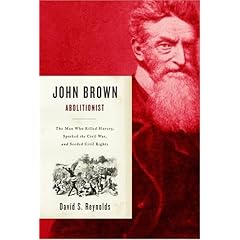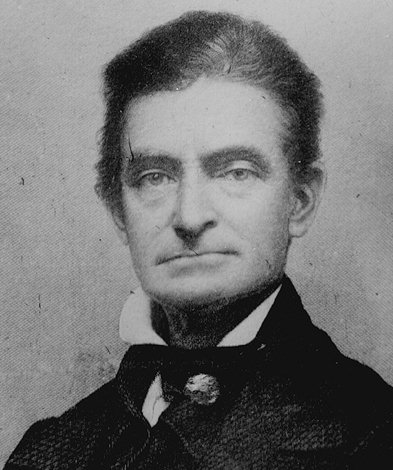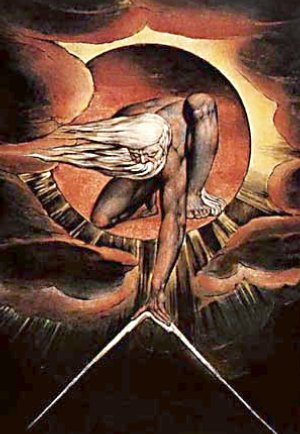We even call ourselves representatives. How many times did I tell people in Phoenix “somos representantes de La Iglesia de Jesucristo de los Santos de los Últimos Días”? We tell our missionaries that they are representatives not just of the church, but of Jesus Christ himself. That’s huge.
But as representatives, we often cast ourselves as diplomats. When someone asks us about the church and its doctrines, we want to give an appealing, diplomatic answer; we try to reveal as little as possible of what might be problematic or difficult to understand (milk before meat, after all). And to the extent that we do reveal any such thing, we turn apologists to give some very reasonable sounding explanation (anyone ever heard the tannic acid Word of Wisdom apologia?).
One problem that arises is that each diplomatic attempt to produce the “official position” results in a different official position. Recently, I visited a couple with the missionaries who had a lot of questions about Mormon doctrine and beliefs. They had also gotten a lot of answers that seemed official from the missionaries and from another couple in the ward. I thought many of these answers were right, I thought many of them were flat out wrong, and I thought many were technically correct statements of what many Mormons believe, but were misstatements of what Mormon doctrine actually says.
Diplomatic answers are probably appropriate if you're being interviewed by Larry King or Mike Wallace. But in a missionary setting, it can cause problems. A big part of the art of diplomacy is the art of negotiation, which is to a large extent the art of concealing information and strategy while pretending to reveal it. It’s not about communicating truth, but about getting the other side to do what you want. The diplomat-negotiator always wants to maintain control over the situation.
I suspect that to the extent that we let the rhetorical posture of diplomacy creep into missionary work, we undermine ourselves and ignore our mission to “proclaim the gospel.” That call requires us to do just the opposite of what a seasoned negotiator would do: to communicate the truth as precisely as we can, seeking understanding and leaving the decision in the hands of the other party.
So I see at least four problems with the diplomat-negotiator approach to missionary work: 1) The attempt to create a well-reasoned answer creates unauthorized dogma. 2) Diplomacy conceals the truth, and to the extent that it does, it is not fully honest. 3) Diplomacy tries to exercise control or influence over the other party, and in doing so, its goal is not understanding, but compliance. 4) Because the goal is compliance, rather than understanding, diplomacy relies on superficial rational explanations to explain away and dismiss doubts rather than honest discussion to resolve them.
I think we can represent the church and the Savior without taking on the role of the diplomat-negotiator. But not it if we insist on having a rational answer for every question---a line that plays, a well-reasoned response that we can utter, smooth as oil, and then smile into the camera from under a well-combed coif. The kind of representation that invites the spirit comes not from the well-prepared answers that we repeat, but from the sincere saints that we actually are. The true representative does not have to repeat the official party line; he is himself a representation of his Master. The force of our testimony comes not from our well-composed diplomatic responses, but is, as Paul says, “written in the fleshy tables of the heart."
While I visited with the couple I mentioned, I felt myself falling into the posture of the diplomat. But after answering a few questions beginning with “the church’s official position is” or “most Mormons read that to mean” or something like that, I felt a bit frustrated. I stopped attempting to present myself as a diplomat on behalf of “most Mormons.”
Instead I told them that in Mormonism there are no creeds. While there is plenty that a Mormon must do, there is, in comparison with creedal Christianity, very little that you must believe to be a Mormon. It requires a belief in God, in the Atonement of Christ (i.e. Grace), acceptance of the Book of Mormon and the other revelations as scripture, and a willingness to sustain church leadership.
I told them that the lack of creedal definitions places significant responsibility on the individual, and that this is why the Gift of the Holy Ghost is so important to us. I said that some Mormons, just like human beings in any religion, are uncomfortable with the responsibility and risk that come with this freedom of thought and belief, and so they try to define the doctrines, pin them down, parse them, taxonomize them and codify them. Some even want to regulate and enforce them. But the reality is that from the moment Joseph Smith experienced his first vision, creeds were declared an abomination. God wants his people to come to him for answers. He wants us free.
Having explained this, I told them my own personal thoughts on the questions they asked, but told them also that my opinions were no more valid than any other member of the church, and that in most cases, they would have to decide for themselves how to interpret the doctrines of the church. I told them that if they would seek the spirit, they would find the right answers.
It felt so good to not be locked into a sales pitch.








